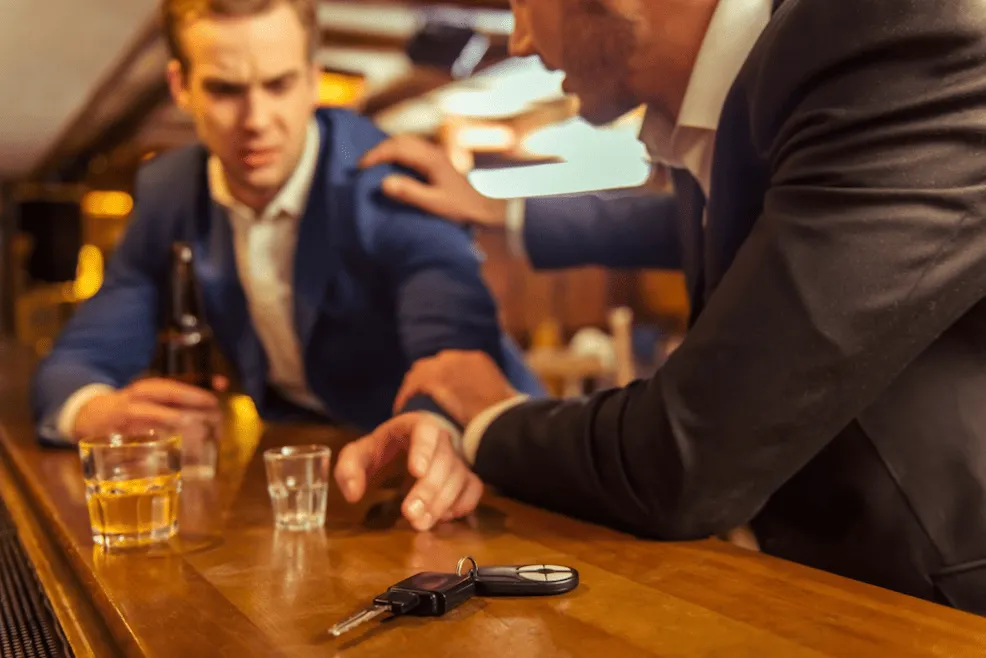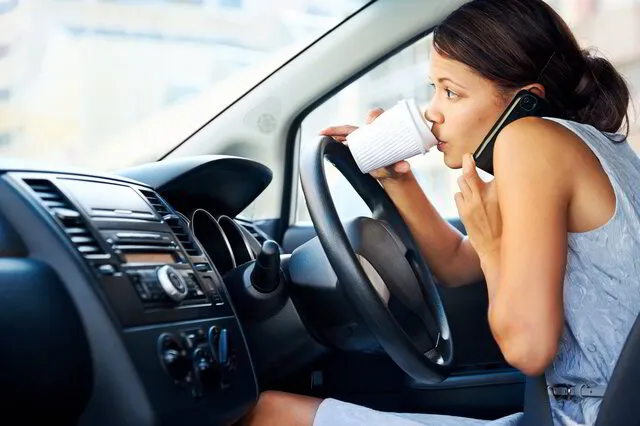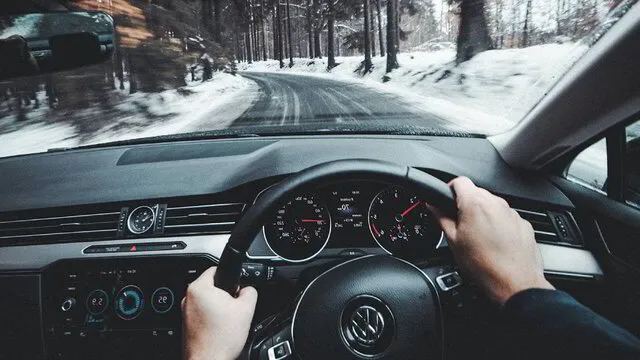Every licenced driver in the U.K. should know that drinking and driving can get you into trouble. But what are the drink driving limits that can put you at risk of getting legal penalties? In 2020, according to reported drinking and driving figures, 2,854 car drivers and 196 motorcycle riders failed a breath test in the UK.
This blog explores the U.K. law on drink driving limits, and why it’s best to avoid alcohol when you drive.
Content Overview
The law and drink driving limits in the UK
How does alcohol affect your driving?
What factors can affect the drink driving limit?
How much can you drink and still stay under the limit?
How many hours after drinking can you drive?
What’s the penalty if you’re found guilty of drink driving?
Other problems you may face if caught drink driving.
The law and drink driving limits in the UK
These are the legal limits for drink driving cases:
- 35mg of alcohol in 100ml of breath ;
- 80mg of alcohol in 100ml of blood;
- 107mg of alcohol in 100ml of urine.
You cannot refuse to undertake breath tests or provide a specimen of your blood or urine if lawfully asked for it and don’t have what constitutes a “reasonable excuse,” i.e., any genuine physical/mental condition that prevents you from providing a sample.
The police can also ask you to walk in a line or perform simple tasks to gauge your sobriety. This is called a “Field Impairment Test” & can be done at the roadside or, at a Police Station usually because the Intoximeter is not working.
Once you fail a roadside breath test, you will be apprehended, and a test will be administered two more times at the police station. The lower reading will be considered to decide if you surpassed the relevant drink drive limits.
How does alcohol affect your driving?
No matter what type of vehicle you are driving, you have to account for numerous factors, such as other vehicles, pedestrians, animals, road signs, dangerous weather conditions, and so on. You cannot afford to have a lag in your response time and instincts.
Alcohol affects your hand-eye-foot coordination, which is a must for operating a vehicle. It can cause blurry vision and reduced attention span and concentration too. If you are not able to walk straight because you are under the influence, how will you be able to manage driving?
Simply put, alcohol affects an individual's overall driving skills.
What factors can affect the drink driving limit?
The Railways and Transport Safety Act 2003 also lays down some specific limits for those working in the transport industry. Your occupation can determine the drink driving limits applicable to you.
For shipping-related Professionals, Part 4 of the Act lays down limits for the following:
- Professional Master of a ship;
- Professional pilot of a ship;
- Professional seaman in a ship who is on duty;
- Any person onboard an underway ship;
- Any person exercising a function related to the navigation of the ship
The following limits will apply:
- 25 microgrammes of alcohol in 100 millilitres of breath;
- 50 milligrammes of alcohol in 100 millilitres of blood;
- 67 milligrammes of alcohol in 100 millilitres of urine
For aviation-related Professionals, Part 5 of the Act lays down limits for the following:
- Pilot, flight navigator, flight engineer, flight radiotelephony operator during flight;
- Member of cabin crew;
- Someone who is attending the flight deck of an aircraft during flight to give or supervise training, administer a test, monitor practice;
- Air traffic controller
The following limits will apply:
- 9 microgrammes of alcohol in 100 millilitres of breath;
- 20 milligrammes of alcohol in 100 millilitres of blood;
- 27 milligrammes of alcohol in 100 millilitres of urine
Remember that working in the transport industry means there is a higher standard of expectation of safety and responsibility for how you conduct yourself in the relevant vehicle, which can affect the drink driving limits in your circumstances.
How much can you drink and still stay under the limit?
The simple answer is: It depends. Multiple factors are at play here, which make it impossible to be precise as to how much alcohol can you safely drink before driving. We are all different, and individual metabolism may be affected by factors like:
- your height & weight ;
- the amount of food you ate that day & over what period;
- the strength & nature of the alcohol you consumed & when you consumed it;
- your stress levels and emotional state
In a 2020 drink driving case that I helped a client with, the accused avoided a twelve-month (or longer) ban, even though he was significantly over the drink drive limit.
How many hours after drinking can you drive?
Like the previous question, how long alcohol stays in the system depends on many factors, the most significant being your metabolism and the number of hours since drinking.
Sometimes, depending on the alcohol you have had, even a night of sleeping and plenty of hydration might not be enough for the alcohol to leave your system in time for it to be less than the drink driving limit. Many people mistakenly believe that even a few hours sleep will magically cause massive amounts of alcohol consumed over a long period to be evaporated so that they are safe to drive – we call this “the magic pillow” – it does not exist!
It is best to give your body as much time as possible before you decide to pick up the keys again.
What’s the penalty if you’re found guilty of drink driving?
Drink driving is a criminal offence. When the police stop you to take a breath test, it’s probably because you are behaving in a way that indicates intoxication, you have broken traffic rules, or have been involved in an accident.
If you refuse with no reasonable excuse, you may be arrested, face six months of imprisonment, a non-specified drive monetary fine, and/or a driving ban for at least one year.
You are not allowed to drive anywhere in the UK once a UK court has punished you with a ban for drink driving.
The liabilities and driving penalties for being apprehended with alcohol levels above the legal limit mentioned above are as follows:
| CRIMINAL OFFENCE |
DRINK DRIVING PENALTIES (imprisonment, fines, bans) |
|---|---|
| While being in charge of a vehicle |
|
| While driving or attempting to drive |
|
| While causing death by careless driving |
|
The specific punishment for your driving offence will depend on the facts and circumstances of your case, which the District Judge or Magistrates will consider while you present your case. You will need a solicitor for driving offences when presenting your arguments.
To reduce the punishment in the event of a 12-month ban, the court might give you an option to take a drink-drive rehabilitation scheme (DDRS) course. When you complete the course, your ban will be reduced normally by 25%.
Other problems you may face if caught drink driving
Drinking and driving offences can lead to more than the above punishments and monetary liabilities. Once you have been caught and banned or penalised for drink driving, your car insurance costs will shoot up.
Aside from the risks to your safety, you will also have to bear the costs for any property damage, medical expenses, or other costs if you have caused accidents or damage while drink driving. So it is best to avoid alcohol when you plan to drive a vehicle.
Get free legal advice now
When charged with drink driving, get legal advice as soon as you can. Call me at 0151 601 3743, and let me examine the special reasons that we can use to prevent you from being convicted or banned from driving.



